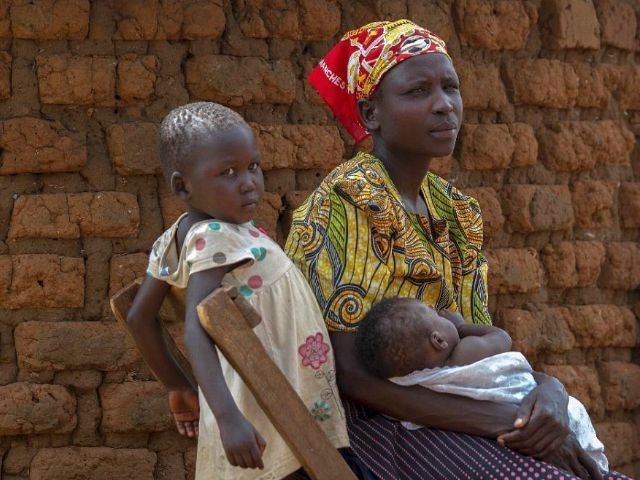Uganda’s Supreme Court decreed this week that a husband is not allowed to demand a “bride price” refund after a divorce since the practice is unconstitutional.
The judges stated “that women were not commodities being traded in the marketplace.” Usually the groom gifts livestock to the bride’s family.
“Refund of the bride price connotes that a woman is on loan and can be returned and money recovered. This compromises the dignity of a woman,” explained Uganda’s Chief Justice Bert Katureebe.
Lead Justice Jotham Tumwesigye said “it was unfair for the parents of the woman” since they more than likely do not have anything from the dowry to return, especially if it was livestock. He also said if the parents cannot refund the “bride price” the situation “could force a married woman into a situation of marital abuse.”
Activists are happy the judges partially struck down the law.
“There are fathers and brothers of brides facing civil suit because they failed to return the bride price, while thousand if not millions of women across the country who have been abused because of failure to refund the bride price. This ruling will liberate many of them,” said legal officer Solomy Awiidi.
An editorial at Uganda’s The Observer calls for the Supreme Court outlawed “bride price” completely. The board found it odd that the court believes women are not commodities, yet they all “find it okay for parents to insist that a man shall not take their daughter in marriage unless he has paid a certain amount of money in cash, cows or whatever else.” Instead, the editorial board wanted the court to rule that bride price is an option, but not required.
“This would preserve the legal premise that marriage is contracted between two consenting adults of sound mind,” wrote the board.
Unfortunately, these bridal practices continue across the continent. The BBC recently listed the “bride prices” in Africa. In South Africa and Zimbabwe, the groom usually gifts his betrothed’s family with cash or cows. At the mosque in Senegal, the groom receives money or a kola nut. The bride’s family hands over more money after the ceremony. In Niger, the bride price still exists, but largely “as a symbolic act.” The Kenyan government banned bride price, but it still occurs in the country:
Pastoral communities insist that it is paid in cattle and it has been cited as a cause of cattle rustling, whereas families in other communities will accept cash.
There is a sense that a transaction has taken place over the bride.

COMMENTS
Please let us know if you're having issues with commenting.